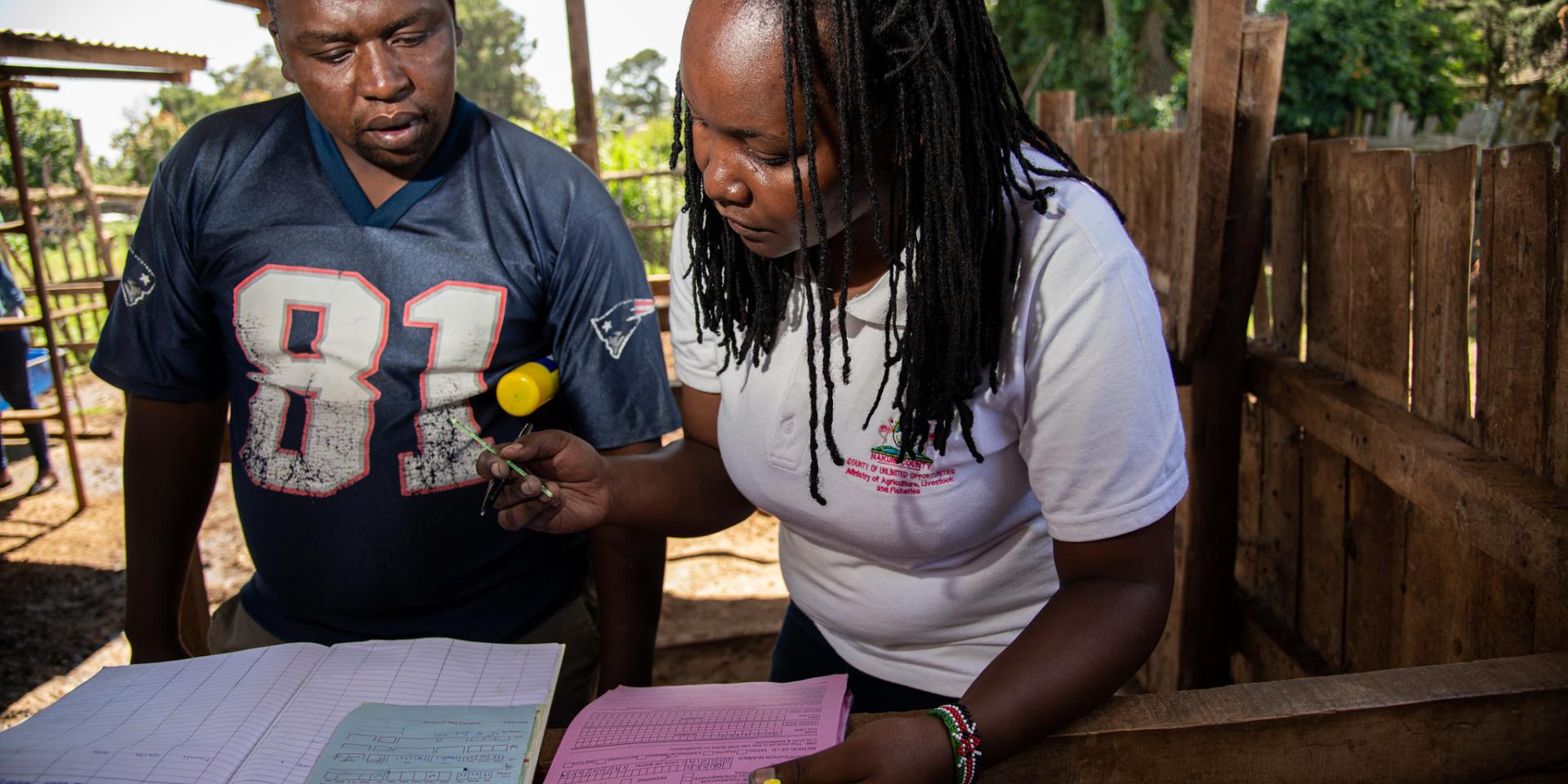Poster / Presentation
Greenhouse gas fluxes, global warming potential and emergy evaluation of Quesungual slash-and mulch agroforesty system
Ferreira, O.; Hurtado, María del Pilar; Rondón, Marco Antonio; Rao, Idupulapati Madhusudana. 2009. Greenhouse gas fluxes, global warming potential and emergy evaluation of Quesungual slash-and mulch agroforesty system [poster] [on line]. Centro Internacional de Agricultura Tropical (CIAT), Cali, CO. 1 p.
